Coming Out in the Music Industry: A Discussion
The phrase "coming out" typically refers to an individual openly disclosing or revealing something about themselves, often related to their personal identity, beliefs, or experiences. Coming out as LGBTQIA+ in any industry, let alone the music industry, can be particularly challenging, and often a daunting and complex journey.
During National Inclusion Week, the Focusrite Pride in Music team welcomed a panel of artists, creatives, and product designers to share their views on coming out in the music industry. Live-streamed to the company, this discussion proved to be enlightening, uplifting, and educational. Hosted by Bamber Haworth, Product Owner at Focusrite, our esteemed guests, Andy, Paula, and Jordan, shared their personal experiences on the topic and shed light on the role of allies in fostering positive changes. We are excited to share this conversation with you.
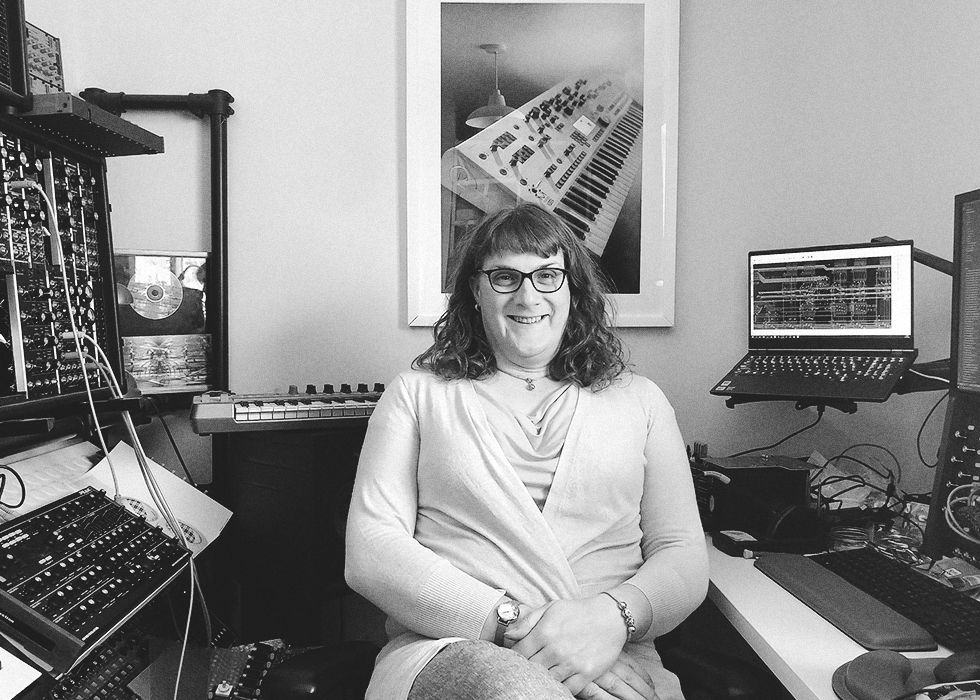
Paula Maddox is a synthesizer designer and builder, founder of Dove Audio, and previously Director of Modal Electronics, based in England.
Exploring the Journey of Coming Out:
Jumping straight in, Bamber asks the panel to share their ‘coming out’ journey in the music industry. Paula — who uses she/they pronouns — recounts their challenging experience. Paula decided to transition in 2014. Unfortunately, their music industry business partner did not respond well to the news, urging them to delay any public announcements or procedures to avoid impacting synthesizer sales. Eventually, overwhelmed by stress and depression, Paula made the difficult decision to resign from the company she had co-founded. Despite this distressing ordeal, Paula highlighted the progress made over the years, emphasizing that the music industry, populated by creative and accepting individuals, has been more supportive compared to earlier decades when coming out as LGBTQIA+ often meant facing violence and hostility.
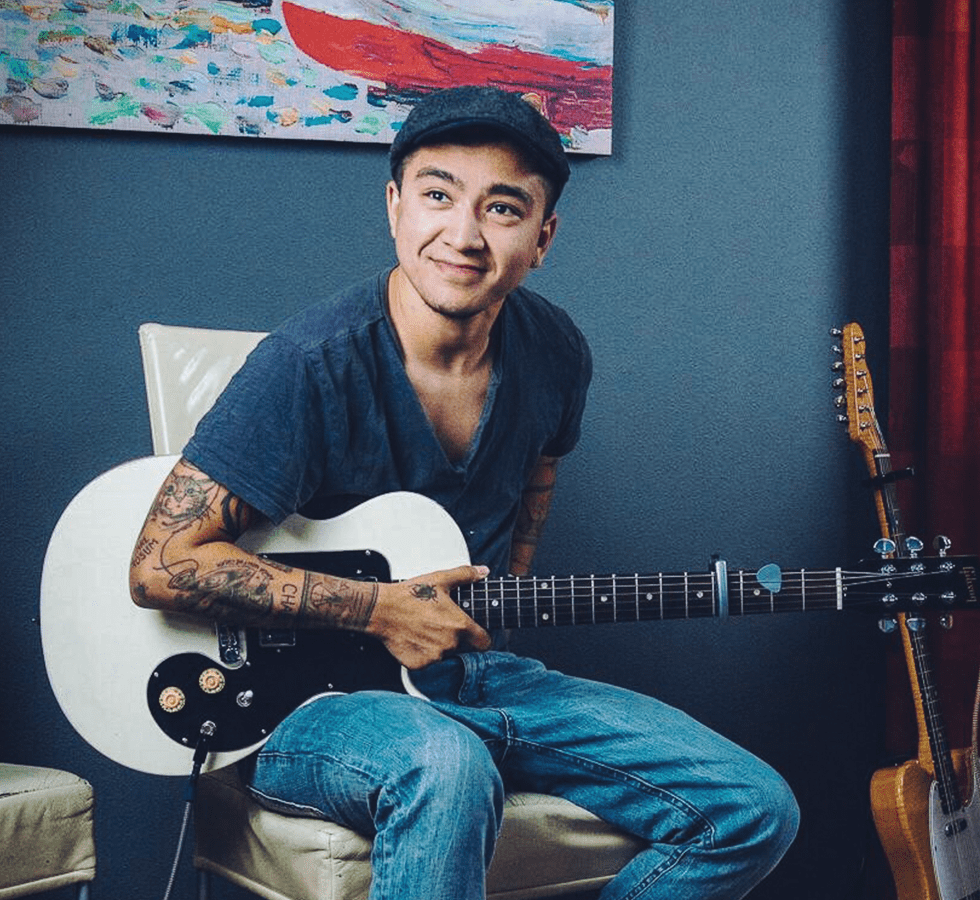
Andy Alseri is a Los Angeles-based multi-instrumentalist, who plays guitar, keys, and bass and has been a touring musician for more than 15 years.
Andy — who identifies as queer, non-binary, neurodivergent, and a person of colour — shares their journey of multiple coming-outs. By the time they started touring, they were “already pretty out as queer in life,” and seven years ago, “sort of came out socially as non-binary,” before starting to transition in their early 30s. For Andy, coming out as trans in their later 30s was more imperative as it became “harder for folks to ignore the anaemic little beard that was forming.” It was important for them to be true to themselves, particularly as their physical appearance began to align with their identity.
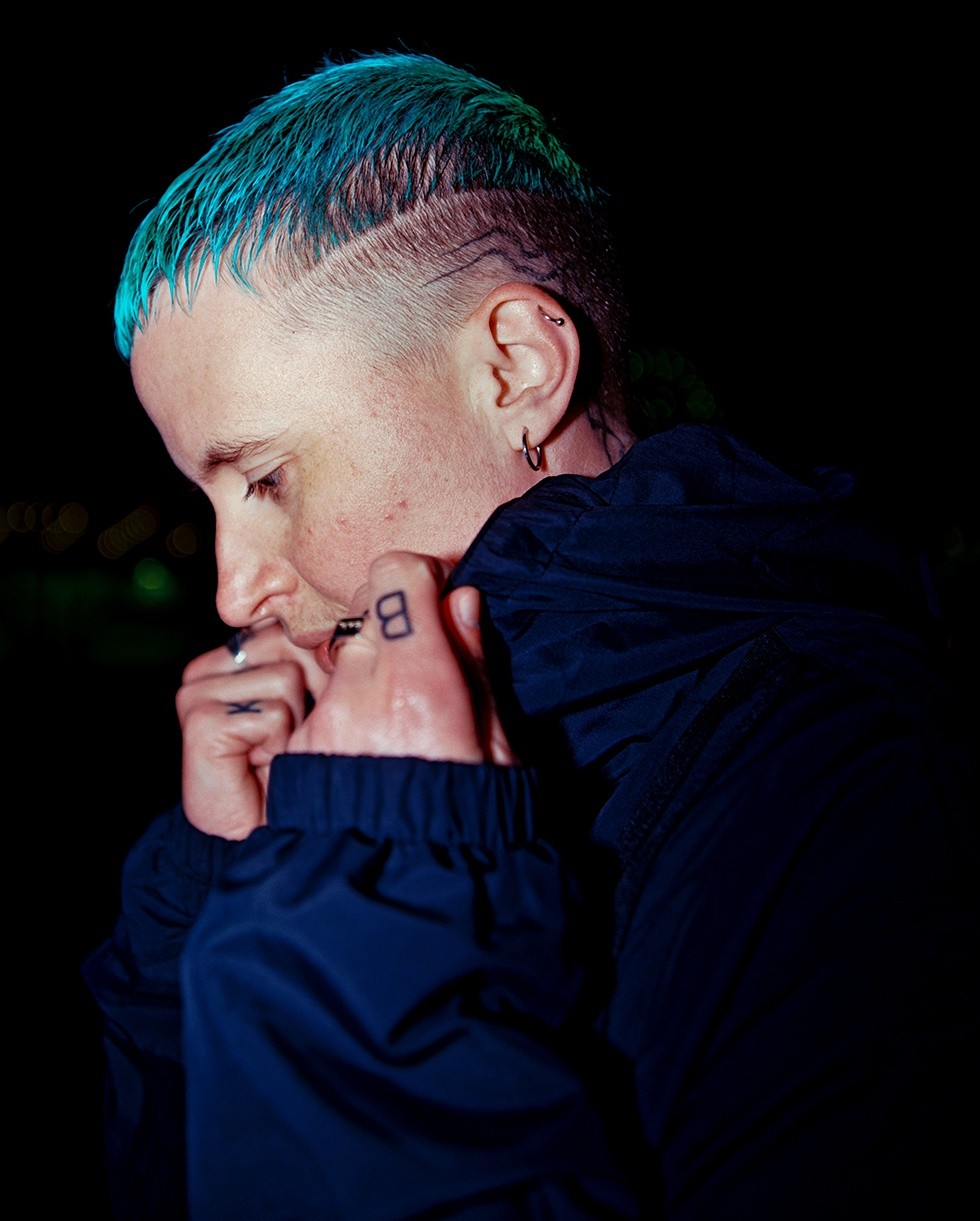
Jordan is a London-based musician and touring DJ under the artist name I. JORDAN, most recently having released high energy dance music EP "Watch Out!" on Ninja Tune. Image credit: @_hussko
For Jordan — who uses they/them pronouns — it has been an interesting experience working as an equality, diversity, and inclusion consultant for a university before touring full-time as an electronic DJ and music producer for the best part of the last year. They see coming out as a refreshing experience after changing jobs as people in their old workplace would know Jordan’s ‘dead name’ and old pronouns. They go on to say, “With music, I got almost a new and empowering opportunity to sort of refresh my identity and have people use the right pronouns.” As an independent artist, being their own boss empowered Jordan to establish firmer boundaries regarding their collaborators. Regrettably, their previous role lacked the same understanding and support. If there were to be a grievance raised, the process would involve, “Filling in the harassment policy,” which “was a long-winded process often conducted by people who didn’t really understand what transphobia was.”
Challenges in the Music Industry:
Bamber shifts the conversation towards the unique challenges prevalent in the music and entertainment industry, emphasizing the industry's natural focus on creativity and self-expression. While coming out is seen as an opportunity for individuals to express themselves and is often viewed as a positive experience; like any industry, the music industry has its own set of hurdles.
Paula, reflecting on their experience at the renowned NAMM show after coming out, acknowledges the immense support and encouragement they received from the industry. They attribute this acceptance to the presence of creative individuals who are more open to embracing diversity. Paula specifically notes that any difficulties they encountered seemed to stem from the traditional management style prevalent in the industry, rather than from fellow musicians and artists.
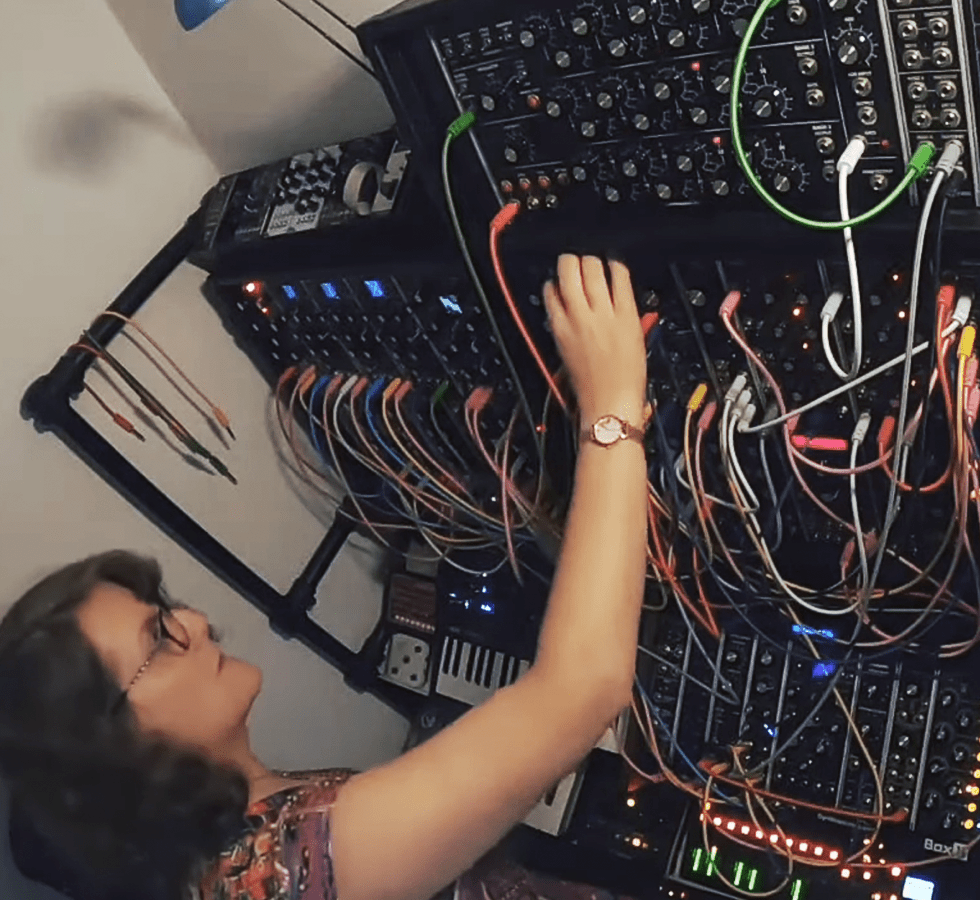
“I think the music industry is full of creative people and they are a lot more willing to accept diversity. I remember after I came out, I went to NAMM and everyone was really encouraging, really supportive, and really accepting, and that was really important to me. I’d say I’ve never had a problem with musicians and artists and creative people. It’s really only the management that I’ve seemed to have this problem with.”
Paula
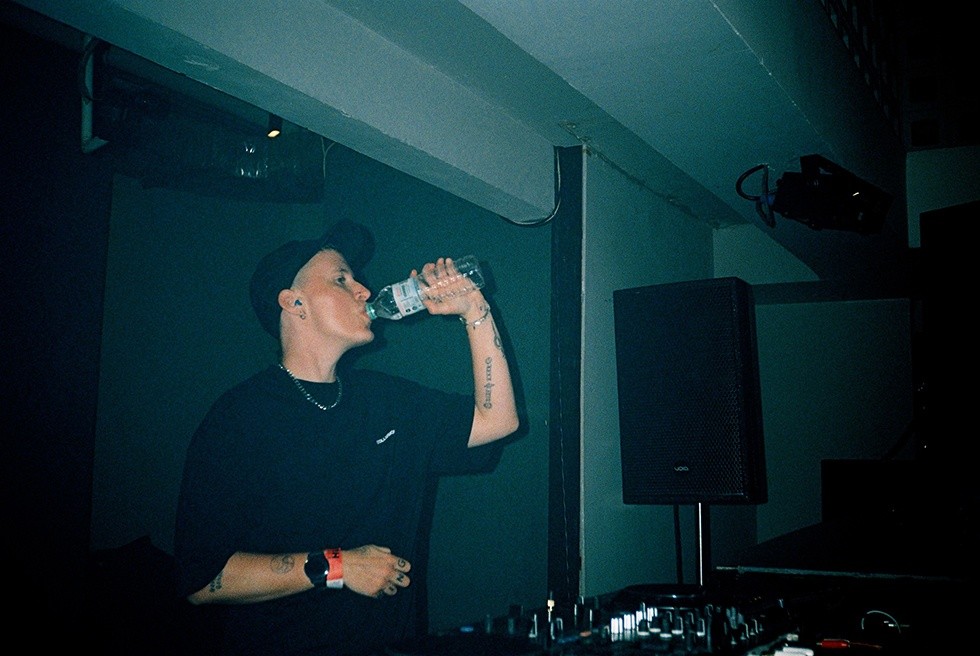
Addressing the administrative obstacles associated with changing legal names, Jordan, speaking from the perspective of a touring musician, expresses regret about using their dead name as their artist name. They describe the vulnerability they felt after transitioning and highlight the significant amount of time and effort required to coordinate with streaming platforms, music publications, journalists, and distribution services to update their information. Jordan characterises this process as a months-long endeavour for their team, and they emphasize the ongoing nature of public announcements regarding their transition.
“I didn’t realize it was going to be that administrative heavy and it’s all turned out all right. Doing it so publicly means that every single time I’m on a new stage of my own transition, I have to do an announcement about it and it’s like we’re never going to stop.”
Jordan
Paula adds to this, underscoring the continuous nature of administrative tasks such as changing driving licenses, bank accounts, and other accounts. They emphasize the impact of receiving letters addressed with their dead name, serving as reminders of their past while striving to embrace the future.
Moving the discussion forward, Paula talks about the challenges of dressing to align with their desired perception. “If I’m going to a public event, I’m very conscious about what I’m wearing,” Paula says. “I won’t put on jeans and a T-shirt because I don’t want to be misgendered. I make an effort to look more feminine because that’s how I wish to be perceived.”
Jordan further reflects on how their own public perception, both on and off stage, can influence the way other queer individuals are perceived. They recognize the potential impact of their visibility on shaping societal perceptions and understanding of gender.
“I am the person that’s often on a stage on my own and in the front and centre and my gender gets perceived by those unaware, they’ve just come to see me play. But then, I don’t know, equally to that, because I am not femme presenting, I mean, that comes with some privileges in that people see my gender androgyny and what I look like, and they get a bit confused.”
Jordan follows on from this by commenting on how they are perceived in public and on stage has the potential to change how other people who are non-binary might be perceived.
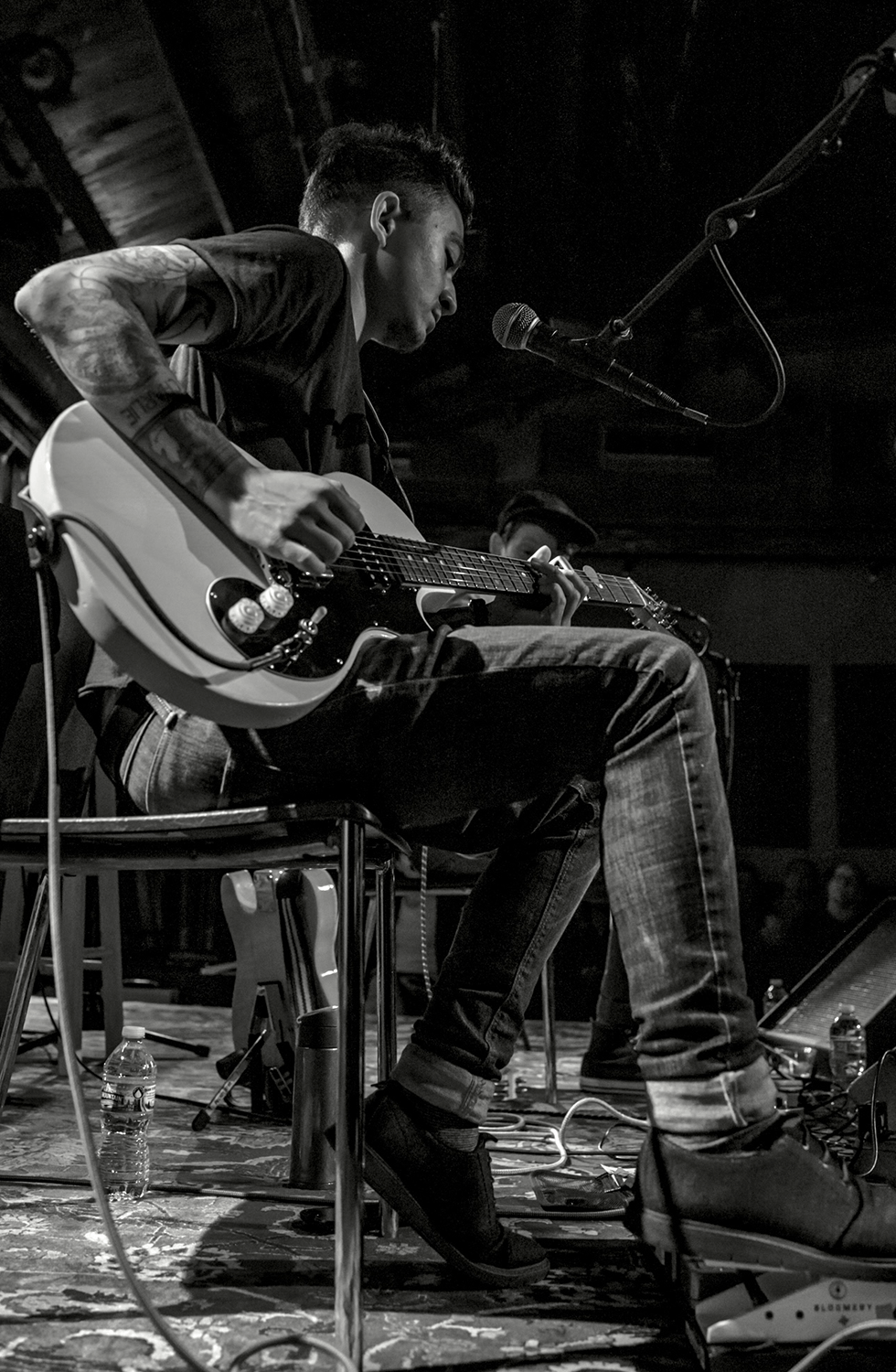
Having played with predominantly queer artists over many years, Andy is often visiting the same cities and seeing the same audiences year after year. There have been awkward reintroductions along the stages of transitioning, Andy recounts stories of curious staff scratching their heads and thinking, ‘I know that person’.
While touring with queer artists, Andy is generally now perceived as masculine. As such, they grapple with self-awareness regarding their place in these spaces. Andy finds it fascinating to observe the differing treatment and perceptions they receive from both sides of the gender binary.
“What is my role? What is my duty in those spaces — what kind of space do I take up? What kind of space should I feel entitled to as someone who doesn’t identify as a man but who now holds masculine traits? It’s this whole push and pull that I think I’m still working through, but it’s been a fascinating experience to see it from both sides, to be perceived and be treated differently from either side of the binary.”
Andy
Collectively, the experiences shared by Andy, Paula, and Jordan shed light on the complexities faced by individuals in the workplace and public spaces regarding gender assumptions, self-perception, and the impact on others within the LGBTQIA+ community.
The recurring challenge faced by our panel and the community revolves around the misgendering and incorrect use of pronouns. The impact of this issue should not be underestimated. Jordan shares an experience of playing a show in Los Angeles where they were introduced to the security team using the wrong pronouns. When corrected, the response they received was, "oh yeah. Yeah, don't worry. I know, I just have to say something different to the security."
This incident left Jordan feeling uncomfortable, nervous, and vulnerable throughout the entire show, exacerbating the effects of their already intense jet lag. Moreover, it was disheartening for them to not be seen as their authentic self in front of others.
Unfortunately, Jordan has needed to absorb these experiences as part of their journey. Relying on a supportive team to advocate for them has helped alleviate some of the burdens. With a team that checks in with venues, promoters, and staff, misgendering during tours is minimized, providing Jordan with a greater sense of comfort while performing.
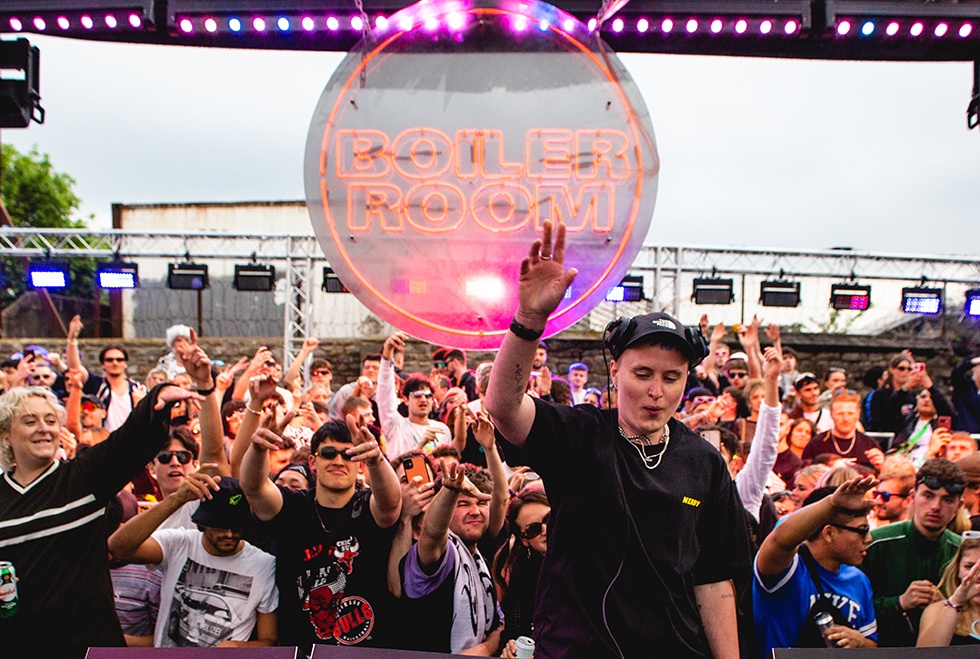
CREDIT Ewan Galvin @egalproductions
"I absorb a lot of that, and I don't really do anything to change it. And there's only so long you can absorb that sort of thing, and I was actually just at breaking point at that point. I was like, 'I am sick of handling this, and I'm sick of having to do this on my own.' So, I am making sure that my cis-gendered ally team take on the work because they're not as emotionally affected by it as I am."
Jordan
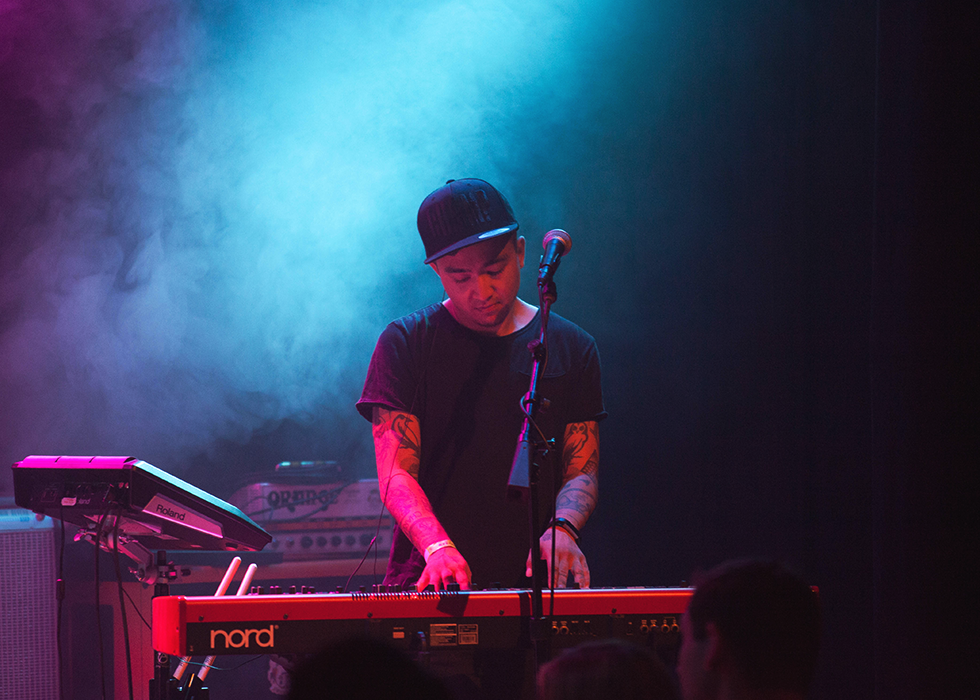
Allies can strive for change
Efforts for change and education should not solely rest on the LGBTQIA+ community. There are actionable steps allies can take to support, assist, and raise awareness. Bamber addresses this topic with the panel.
Andy suggests a simple day-to-day method to initiate conversations and promote inclusivity by normalizing the practice of sharing pronouns. They explain, "It allows folks who may identify as trans or non-binary to also state their pronouns in a way that it's not so centred, and that's really helpful." Incorporating this practice into our social interactions takes only a few seconds and can make a significant difference.
The panel further emphasizes that everyone's coming out and transitioning experiences are unique. Paula reinforces this point when discussing how allies can offer support during these processes. Opening the conversation and asking individuals their preferences is a simple yet impactful way to help.
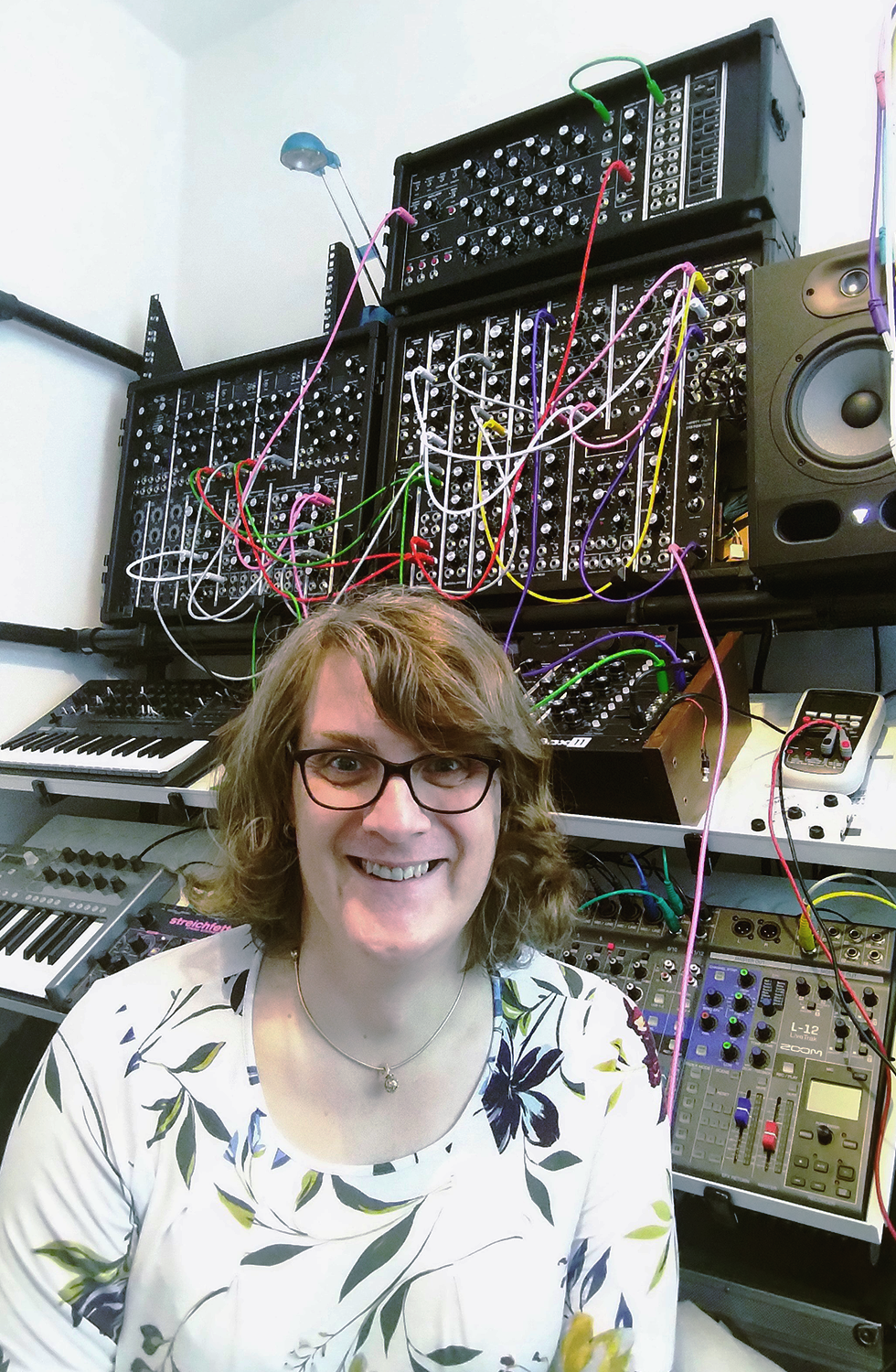
Paula articulates their perspective, stating, "Everyone's different. I know a lot of trans people who don't want to acknowledge the fact that they're trans and will not talk about it. I, on the other hand, I'm very open about it, and I'd rather people talk to me and ask questions."
When approaching conversations with individuals, it is crucial to understand that each person's experience is unique and respect their boundaries. This means asking simple questions to gauge how much they are comfortable disclosing or discussing.
Before engaging in these conversations, allies should educate themselves on the topic to effectively support and champion the LGBTQIA+ community. By doing so, they can avoid being passive bystanders and instead become active bystanders. Paula simplifies this by stating, "One of the things that's important is calling out problems."
Jordan adds to the discussion, noting that being an active bystander is not limited to trans and queer individuals and should be fostered in workplace culture for all identities, especially those belonging to marginalized groups. Creating a culture where people openly discuss and address unacceptable behaviour is crucial in combating toxic actions.
Within the workplace, Jordan emphasizes the importance of hiring trans people, placing them in senior positions, and allowing them to shape the rules. Trans and marginalized identities often have to assimilate into systems not designed for them. Jordan states, "We can't really make the full change if we don't have the power to do that." This principle applies to every aspect of a workplace, from infrastructure, restrooms, policies, and recruitment processes to procurement and partnerships with third-party service providers.
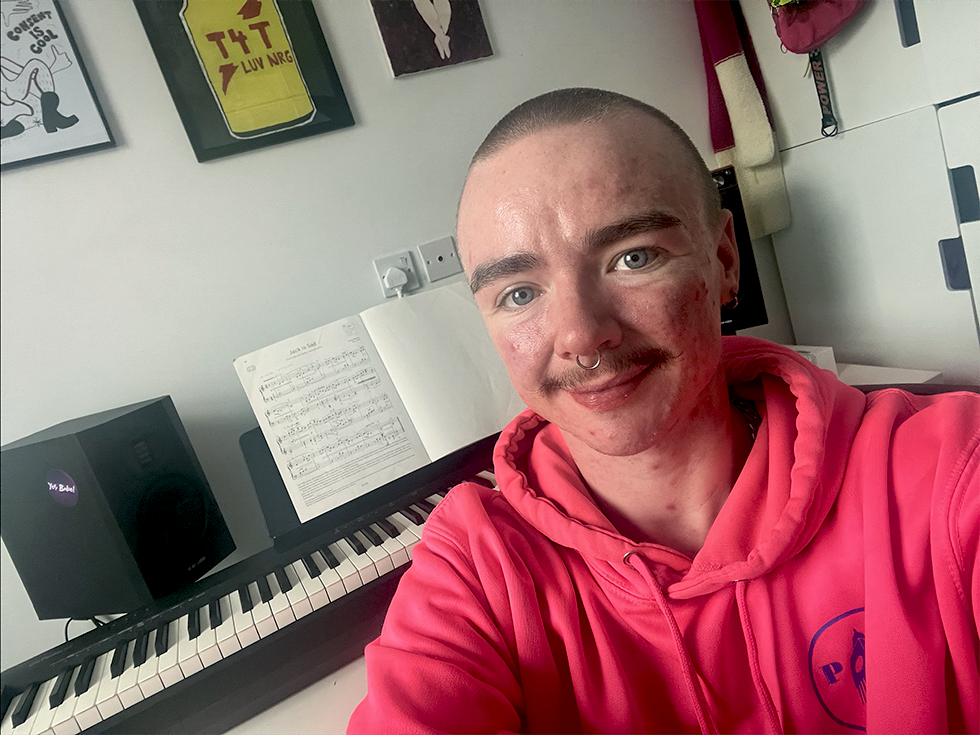
Bamber Haworth, Product Owner at Focusrite and co-leader of the Pride in Music diversity and inclusion work-stream.
Thank you to our inspiring guests
The panel discussion highlighted the significant obstacles faced by individuals in the music industry when coming out as LGBTQIA+. The personal experiences shared by Bamber, Andy, Paula, and Jordan shed light on the challenges and complexities of navigating identity, workplace dynamics, and public perception. Despite the progress made in embracing diversity, there are still hurdles to overcome, such as administrative tasks, misgendering, and assumptions about gender and pronouns. Allies play a crucial role in fostering positive change by normalizing conversations, respecting boundaries, and actively advocating for inclusivity.
By educating themselves and actively challenging problematic behaviour, allies can create a more supportive environment for the LGBTQIA+ community. It is essential to recognize the unique experiences and identities within the community and empower marginalized voices to shape workplace culture and policies. Together, we can strive for a music industry that celebrates and embraces the diversity of its artists and professionals, ensuring that everyone can express their authentic selves without fear or discrimination.
